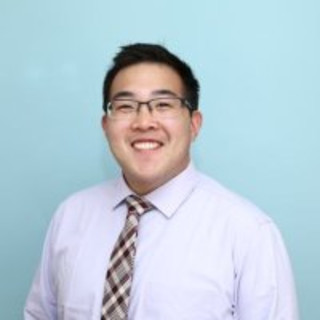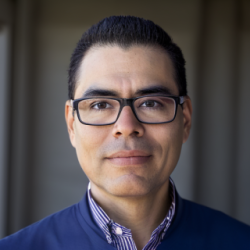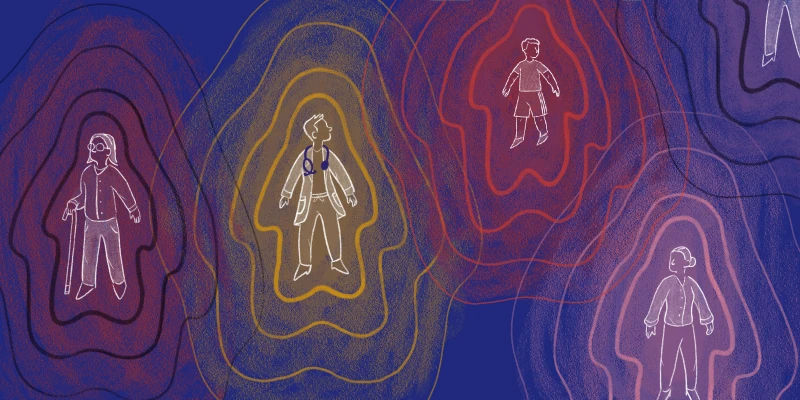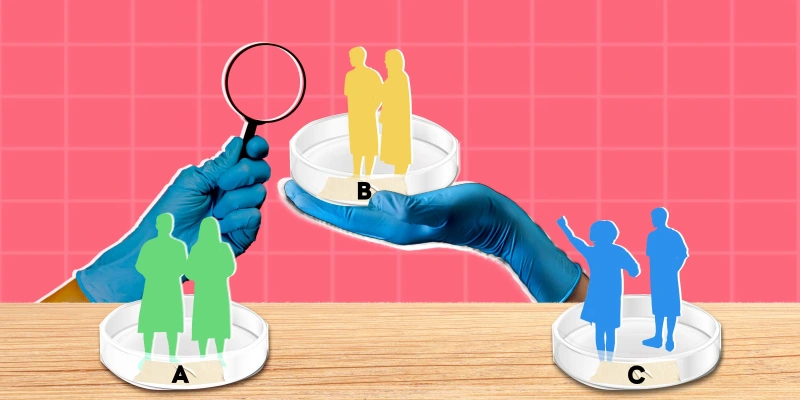
Match Day — the happiest day for a doctor-in-training, which marks the first step rocketing young physicians into their wonderful new clinical careers. Proud moments abound and joyous tears will be shed, and rightfully so after thousands of hours in hospital wards and years of tenacious studying sessions cramming as much knowledge as possible into a single cranium. For all of our graduating seniors, out of country applicants, and re-appliers, I applaud you and offer my sincerest congratulations. You’ve done it!
Now as everyone knows, there are two sides to every story. What if you didn’t match or perhaps are unhappy with your match results? What if today wasn’t a match made in heaven?
There are thousands of 4th year medical students from U.S. allopathic and osteopathic schools not matching, and those numbers grow if you include those who withdrew or didn’t put in a rank list. You can see the stats for yourself from the 2018 National Residency Match Program (NRMP) here. Additional statistics on the number of applicants who matched this year, in comparison to 2017, is shown in the infographics below.
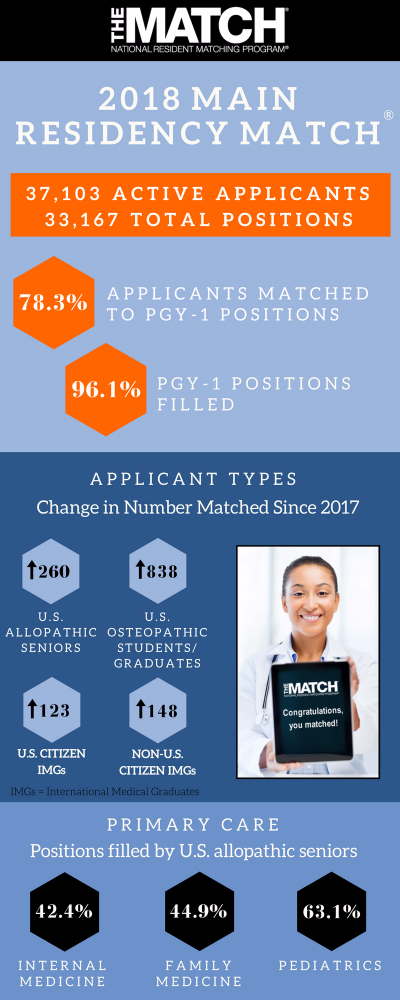

Now a curious question comes about: What do all these unmatched individuals do? Even for those who have matched, there may be some thinking of alternative careers after residency or even those who have worked as a physician for years and may be wondering what else is out there. One thing to understand is, you are not alone.
Within even the lowest burn-out rate specialties such as psychiatry and ophthalmology reporting greater than 40% burn out rates, it’s not extreme to wonder about alternatives one can do with an MD/DO degree.
Here are some concrete examples of companies to search for:
Healthcare operational improvement (hospital administrator, controller, program director — usually this entails finding hospitals that interest you and looking at their job postings)
Healthcare consulting (Huron, Accenture, PricewaterhouseCoopers, McKinsey & Company, Bain & Company, Deloitte, Boston Consulting Group).
Healthcare technologies (IBM, Amazon, Verily, Optum, startups like PatientSafe Solutions and Empiric Health — check Angel List for job opportunities)
Continued Education (MBA, MPH, MHA, PhD or options that don’t create additional financial burden such as Stanford’s Biodesign Fellowship or Cedars-Sinai’s Healthcare Accelerator class)
Pharmaceuticals & Biotech (Medtronic, GlaxoSmithKline, Gerson Lehrman Group)
Research (NIH, CDC, or your home institution or faculty mentor)
Writing (Quora, KevinMD, and Doximity)
If you are looking for alternative careers, DO NOT only peruse through online forums like Student Doctor Network. Talk to real people. Get real advice from numerous sources.
Before making any decision about moving forward I urge you to ask yourself a few self-reflective questions, as well:
1. Am I truly happy doing what I am doing or am I just comfortable?
2. Do I imagine myself happier with any other alternative?
3. Can any other career path give me the same feeling that being a healthcare provider does? What does being a doctor give me? Is there a unique sense of fulfillment that only medicine can give me?
This is not the end
You must remember a few things about yourself:
1. You have already been working thousands of hours. Some people forget this. Think about those clinical rotations. All those times you woke up at 4am to get ready to make it to the hospital by 5am to pre-round and stayed till past 6pm, studied for a few hours, and finally slept. Rinse and repeat.
2. According to the US Census Bureau, 9.5% of their sample population have a Master’s degree and only 1.9% have a Doctorate. With MDs/DOs, you represent a very small and elite population. Have pride in that and use the expertise to your advantage in your career search.
3. The soft skills that you developed during school are vast and meaningful. What I have heard from peers who have gone through business school is that the most valuable thing taught are “soft skills” and connections. Soft skills are those skills that are transferable no matter what job, including communication, leadership, teamwork, and writing. This is the reason individuals with MBAs are pervasive in all fields, not just finance. Even though we may come from a science background, many of you can attest to owning these same skills. We just need to change the way we value them.
It’s interesting to think about things in dollars per hour as well. If you work 40 weeks in a year and work 80-hour weeks at a pay of $300,000 a year, you are making $94/hour. Scale that up or down depending on how much you are working and what your pay really is. Average compensation by location and specialty can be found on Doximity’s Career Navigator.
Factor in that the average medical student debt in 2014 was $176,000 with a 7.5% loan rate if from the government and the average residency salary of $60,000, you’ll be accruing debt and still be paying it off for quite a few years after residency. You could be using this same time frame of years to be developing your skills in another field you like and work your way up to a 6 figure salary with comparable or maybe even better work life balance.
I give these numbers not to overwhelm, but to give a full understanding of the many factors that you can assess before making a decision to continue to reapply for residency and pursue a career that you may believe is your only option. Is it a risk? Of course it is, but so is every other decision you have made and are going to make. If that risk will lead you to happiness, I say take it.
If happiness is in a career in medicine, please continue to pursue it. If happiness lies elsewhere, I urge you to discover it.
Thank you for reading. Whether you matched or not — CONGRATULATIONS! It’s a HUGE achievement to receive your Medical Degree. All of you should be proud of yourselves.
End Note: Risk of suicide is real. There are people out there to help. Money, status, or societal/familial pressure isn’t worth your life. There is an article here that leads to a number of articles, TED talks, and resources on this topic.
Dr. Kittisarapong is an MD and expert on hospital operations optimization, provider engagement, burnout awareness advocacy, and revenue cycle consultancy. He pursued an alternative career path and is passionate about building confidence and alternative career options for providers. He also can be found on Quora. There are no conflicts of interest in this article. What you read is solely my own opinion.

